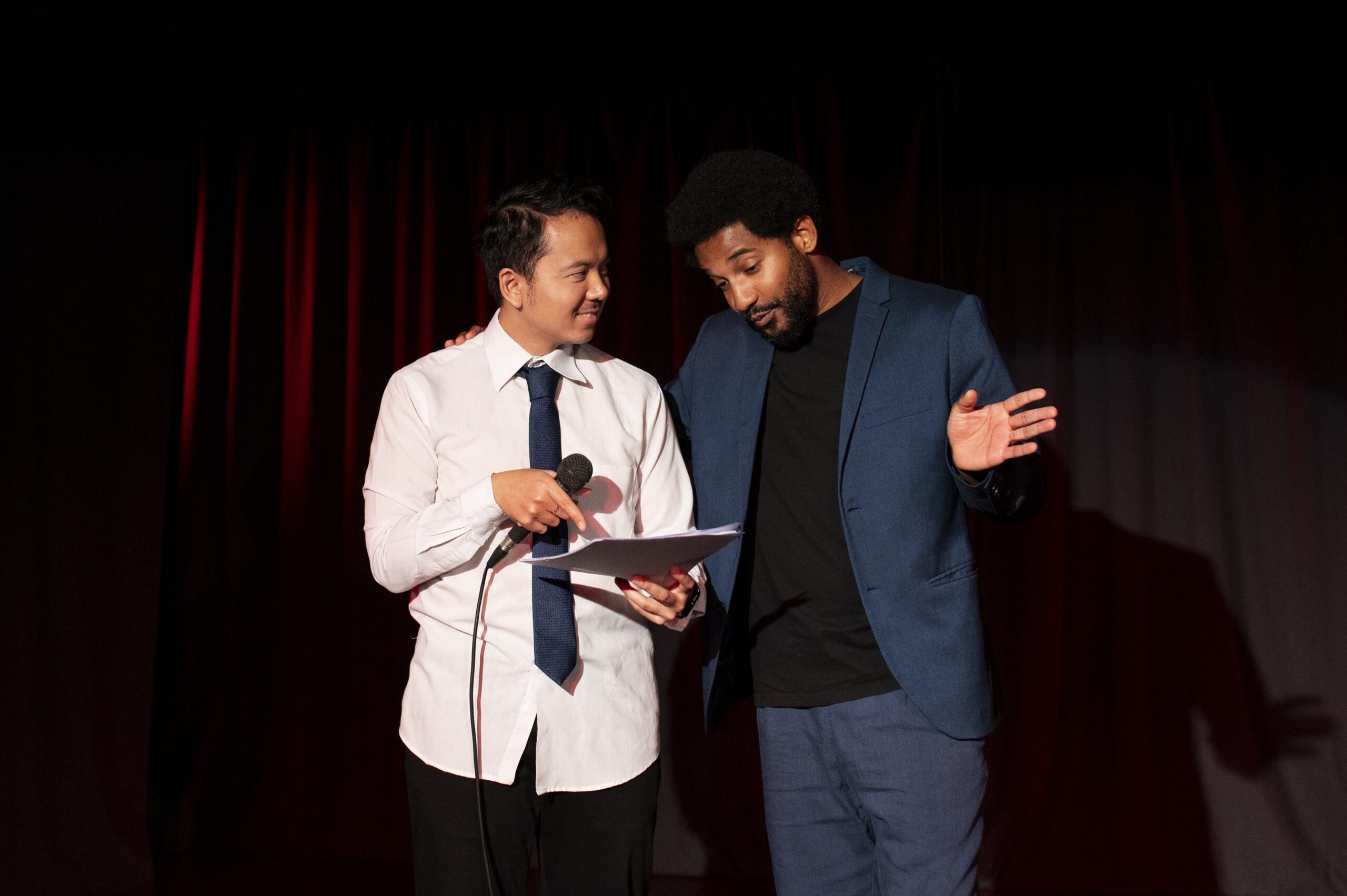
The Best Acting Coaches’ Secrets to Creating Natural, Compelling Characters
Actors aiming to bring characters to life understand the value of working with the best acting coaches in Los Angeles. These professionals don’t just teach lines they guide performers to tap into authentic emotions and create believable personas. Their approach goes beyond surface acting, revealing methods that make characters resonate deeply with audiences.
Tapping Into Genuine Emotional Sources
Top coaches emphasize accessing real emotions rather than imitating feelings. They teach actors to recall personal experiences that evoke similar moods to their character’s situation. This technique, often called emotional recall, helps performances feel honest and heartfelt.
Actors learn to stay connected to these emotions without losing control, maintaining balance between truth and presence. This method forms the core of natural portrayals that avoid overacting or artificiality.
Building Characters Through Detailed Backstories
Successful mentors insist on developing a character’s full history, even if it isn’t in the script. Knowing a character’s background shapes choices about behavior, speech patterns, and reactions. It grounds performances in reality.
Coaches guide actors to imagine past events that influence motivations and fears. This preparation results in nuanced interpretations that align with the character’s inner world, adding depth to every scene and interaction.
Focusing on Subtext and Non-Verbal Communication
The best coaches highlight the importance of what isn’t said. Subtext the unspoken thoughts and feelings behind dialogue carries emotional weight. Actors are trained to convey this through facial expressions, body language, and timing.
This subtle layer makes characters multi-dimensional. Learning to listen and react authentically to other actors creates dynamic, believable exchanges that captivate viewers.
Encouraging Risk and Vulnerability
Great acting requires stepping outside comfort zones. Coaches foster environments where actors feel safe to take creative risks. By embracing vulnerability, performers can reveal truths that resonate deeply.
This trust-based approach builds confidence, enabling actors to explore bold choices that add originality and power to their roles. The resulting performances feel spontaneous rather than scripted.
Integrating Physicality With Emotional Truth
Acting is not just voice and expression but involves the whole body. Skilled coaches train actors to align movements with emotional states. This integration creates performances that feel seamless and natural.
Body language reinforces intention, from subtle shifts in posture to deliberate gestures. This connection between mind and body enriches storytelling, helping actors inhabit characters fully.
Mastering Moment-to-Moment Listening
One key secret shared by elite coaches is teaching actors to stay present in scenes. Instead of delivering rehearsed lines mechanically, performers learn to respond spontaneously to cues. This attentiveness enhances realism.
Moment-to-moment listening allows actors to adapt, creating authentic interactions that feel fresh each time. This skill makes performances more engaging and believable.
Cultivating Patience and Consistency
Creating memorable characters takes time and ongoing refinement. Top mentors stress steady practice over quick fixes. Actors develop routines for rehearsing and reflecting on performances, gradually improving depth and clarity.
Consistency builds trust in the actor’s craft, which directors and casting agents recognize. Patience also helps actors navigate challenges, fostering growth beyond initial success.
Using Scene Analysis for Informed Choices
Best acting coaches guide actors in breaking down scripts thoroughly. Understanding objectives, obstacles, and relationships within a scene informs clear acting decisions.
Actors trained in analysis avoid guesswork, making choices that support the story’s truth rather than relying on habit or guesswork. This approach grounds performances in purpose.
Adapting Techniques for On-Camera and Live Performances
Coaches tailor methods for different mediums. Acting for the camera demands subtlety and control, while live performances call for projection and energy. Skilled mentors prepare actors for both, adjusting training accordingly.
This versatility increases opportunities and ensures characters work effectively across platforms, enhancing career longevity.
Offering Continuous Feedback With Constructive Insights
Effective coaching involves ongoing critique and support. The best instructors provide detailed notes on strengths and areas for growth. This feedback loop encourages self-awareness and steady progress.
Actors learn to refine skills without losing spontaneity, balancing discipline with creativity.
Closing Note:
At Lynette McNeill Studio, our approach combines these proven secrets with personalized coaching. As a professional acting coach, I focus on guiding each actor to unlock natural, compelling performances unique to their strengths.
If you want to develop characters that truly connect with audiences, join us. Let’s shape your craft together and bring your talent to the forefront. Reach out today to start working with an expert who understands your potential.
FAQs:
What makes the best acting coaches effective?
They focus on authentic emotion, detailed character development, and continuous personalized feedback.
How do acting coaches help improve on-camera presence?
They teach subtle expressions, moment-to-moment listening, and physicality suited for the camera’s intimacy.
Why is understanding subtext important in acting?
Subtext adds depth by expressing unspoken feelings, making performances more believable and layered.
Can coaching help with both film and live acting?
Yes, skilled coaches tailor techniques for different mediums to enhance versatility.
How does vulnerability play a role in acting?
Being vulnerable allows actors to connect deeply with their characters and audiences, creating genuine performances.




